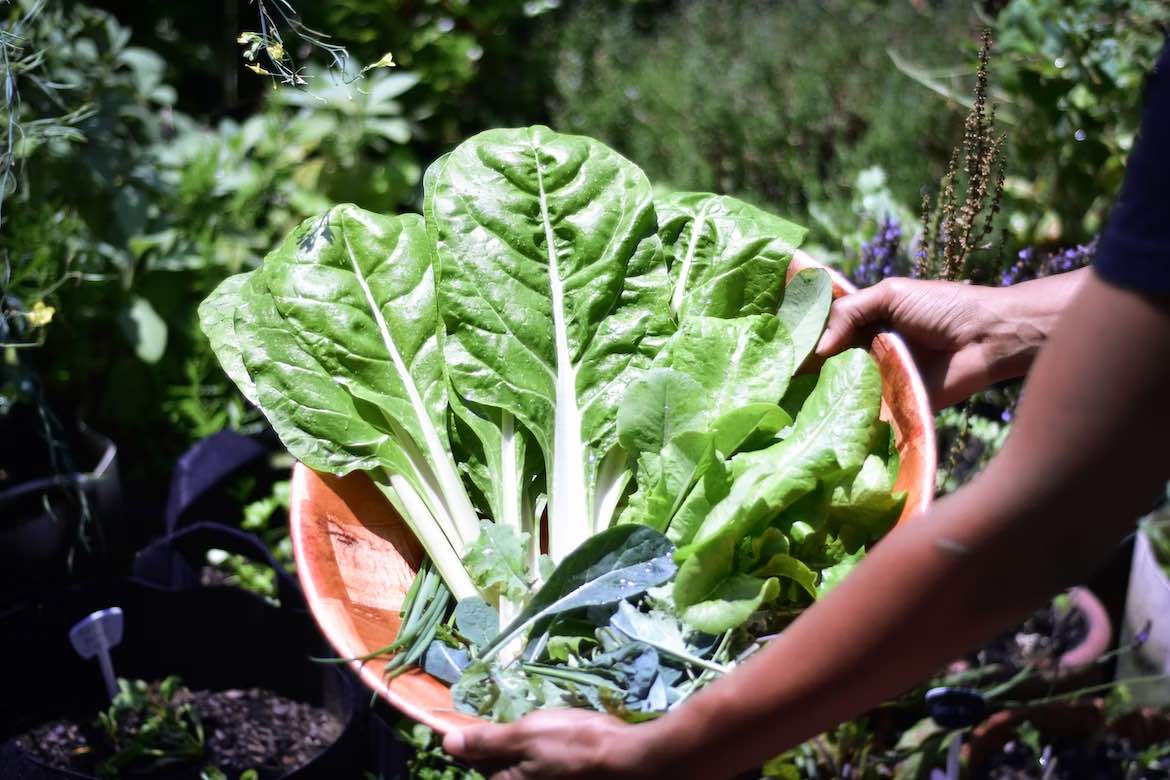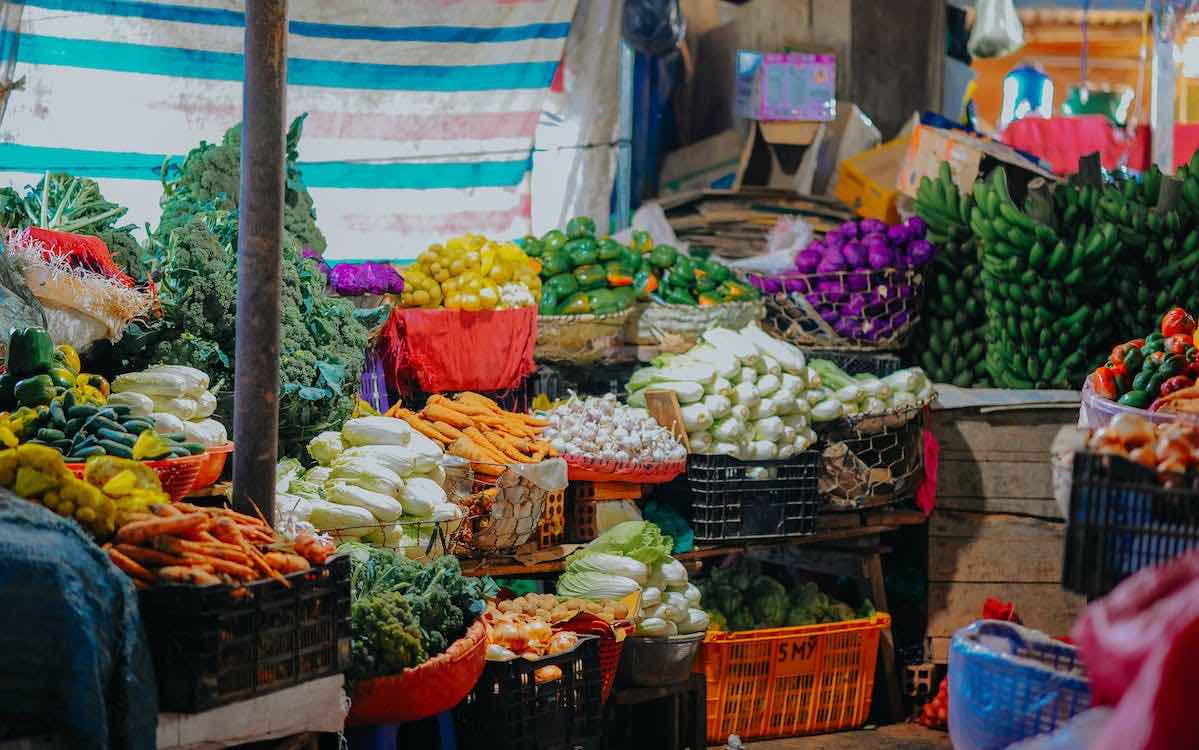The Benefits of Starting an Allotment: A Beginner’s Guide
The idea of growing your own, green-fingered treats has probably hit you every year as your supermarket trip has extended well into the fresh veg aisle. Considering an allotment must seem like grasping at straws, and getting your hands dirty probably conjures up images of mud-caked overalls.
Both of these images betray the knowledge that an allotment is great fun and it’s the best way to keep tasty treats on offer throughout the seasons.
An allotment gives you control, it comes with a host of benefits that make it worth considering.
Produce Your Own Food


An allotment can be an incredibly rewarding way to invest in your food and its origins. Allotments provide the perfect opportunity to produce your own fresh, locally grown, organic food. An article posted on the SeedParade website shows how to grow over £1500 worth of produce and gives an in-depth guide on how to start and maintain an allotment.
Allotment can be an incredibly enjoyable way to get exercise and to be more aware of where your food comes from. Not only can you be more aware of the ingredients in your diet, but allotments can also offer help to reduce stress and can provide a place to make new friends.
Increased Savings


An allotment provides you with a dedicated space to grow your own food which you can tend to in your own time. Not only is this cost-effective, but there are many other benefits too. You’ll save on food bills, reduce your carbon footprint, improve physical and mental well-being, learn new gardening skills, and even build new relationships with other allotment holders at the site.
You’ll have the satisfaction of growing and eating your own home-grown produce. Allotment growing can be daunting for beginners, but there’s plenty of support out there from experienced growers and information websites.
Form New Friendships
You will get to know your neighbors as the allotment is typically maintained by all gardeners that use it. The allotment is also likely to be organized by an allotment association. They provide many activities and social events to attend. Not only does this mean that you have the opportunity to meet other allotment holders, but you may also be able to access local groups, like special interest groups, gardening clubs, and more.
Depending on the size of the allotment, you may need help with cultivating and harvesting, meaning that you can reach out to family, friends, and neighbors to help out and in turn, build relationships. Having an allotment is a great way to meet like-minded people and form friendships.
Perfect Teaching Environment
Allotments provide the perfect environment to teach children in a fun, interactive and educational way. They can get their hands dirty and learn practical skills, such as gardening, composting, and crop rotation, as well as the biological cycle of a plant. Growing food teaches children the importance of production and seasonality, as well as the relationship between soil, water, and the food they eat.
The fun of picking and eating their own-grown fruit, vegetables, and salads is a reward. They can also learn about plants and insects, how to spot weeds, and take responsibility for maintaining and improving the land. This lets children truly appreciate the origin of food and puts them in touch with the environment in a way that cannot be experienced elsewhere.
Reduce Food Waste
Allotments provide space and a way to grow fresh fruit and vegetables on a smaller scale that don’t require the same resources as the larger farming industry. This means less food waste in the production process. It also enables homegrown, seasonal produce to be available year-round.
In terms of reducing food waste, having an allotment can help to ensure you don’t buy too much and only take what is needed. It’s also beneficial because surplus produce can be made into jams, pickles, and chutneys. You can also freeze the produce to use at a later date.
It Provides a Sustainable Habitat for Wildlife
Growing an allotment provides a great habitat for animals such as bees and other pollinators, as well as songbirds. Not only does it provide a place for these creatures to find shelter, but it also allows them to stay alive by providing them with food sources.
This can be further enhanced with the addition of bird-friendly plants like bushes, shrubs, and trees. Additionally, the allotment serves as a shelter for wildlife and beneficial insects. These beneficial insects can be beneficial to the plot itself, by feeding on pests that can do harm to the produce grown in the plot and also by playing their part in pollination which is vital for successful yields.
Keeps You Physically Fit
Working the land is a great way to stay active. It strengthens the body and you will get some much-needed vitamin D from the sun. This results in helping to keep bones, muscles, and joints healthy.
It doesn’t have to be hard, dredging work to reap the rewards either. Activities such as digging, weeding, planting, trimming, and pruning can all be tailored to different ages and abilities. Working in the fresh air can easily become part of everyday life, from walking the dog to playing outdoors with the kids.
Local Community Greenspace
Allotment can be a great way to get involved in community improvement projects and initiatives aimed at reducing environmental impacts and improving the local environment. It can provide people with a platform to come together and put their skills and knowledge to productive use.
Having an allotment can also create additional recreational opportunities, such as growing a variety of plants, fruits, and vegetables. An allotment can also promote local trade and reduce environmental impacts, as it encourages people to source foods from locally grown and sustainable sources. Growing produce at an allotment also serves to reduce food miles, which can substantially reduce emissions from transport.
Healthy Competition


Watching your plants grow, picking your produce, and learning a new skill can be both satisfying and fun. It is a great learning opportunity as you work with other plot holders to learn from each other and share gardening tips.
Sharing stories of successes and failures can help you improve your gardening skills and provide motivation to do even better than the plot holder next door. A friendly competitive atmosphere can create a sense of camaraderie and community spirit among allotment owners.
Start With Home-Grown Produce Today
An allotment is a great investment for any beginner, requiring minimal effort and starting costs, but offering so many benefits. It’s a great way to get back to nature and be in control of your own food production.
Why not start today and reap the rewards of a thriving allotment?
